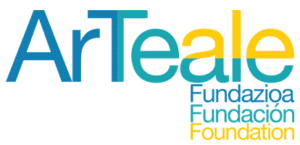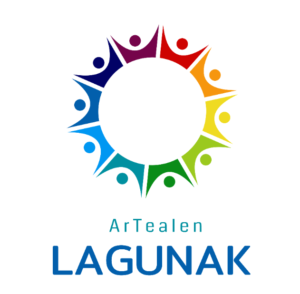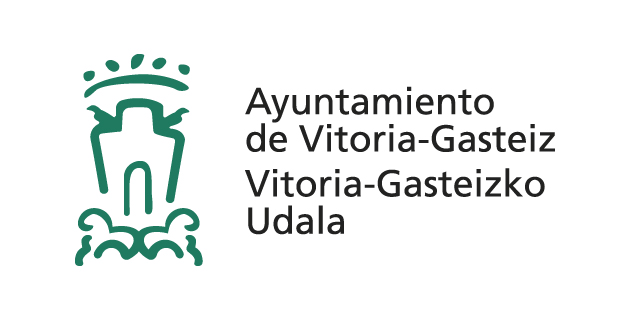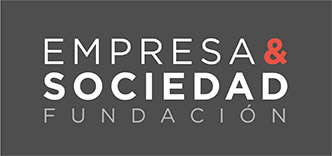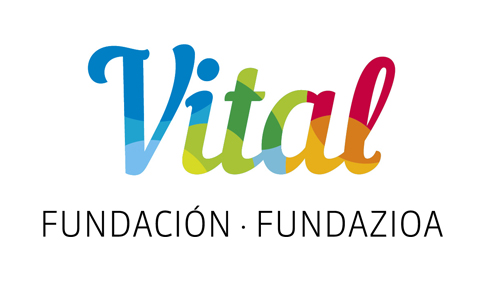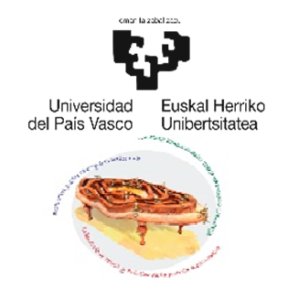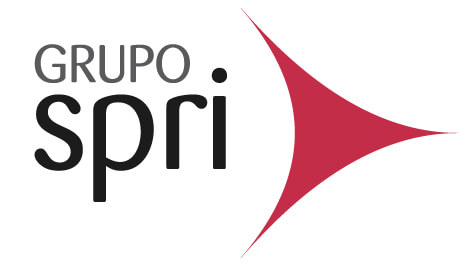The basis of our methodology is Conscious Contracts, an innovative methodology from the United States, which we learned directly from specialists such as Kim Wright. https://consciouscontracts.com/user/j+kim+wright/
Conscious Contracts are processes that serve to generate trusting relationships. It is about the parties being able to self-regulate, empowering themselves, without the need for the intervention of a third party. Legal professionals accompany, without directing, so that the parties can find their own solutions.
The basis of this process is mutual knowledge and commitment and the adaptation to the needs of the parties and their interests, like a tailor-made suit. Conscious Agreements processes are flexible, lively, focused on collaboration, innovation and creativity. Moreover, they use simple language so that they are easily understood by all.
They are legal contracts, suitable for 21st century lawyering.ontravcts
Starting from Conscious Contracts, our methodology has evolved thanks to the introduction of new tools and techniques of social innovation based on neuroscience and technology. We have developed an online process based on techniques such as Design Thinking, Appreciative Inquiry, gamification and negotiation style enquiry, among others. The agreement process is carried out through an online platform, which allows it to be done remotely, thus improving its efficiency
Values are the fundamental link between our beliefs and our behaviour. They move us and guide us in our day-to-day lives and they also change over time depending on the context and what we need. For this reason, becoming aware of what our values are helps us to set a course in our lives.
Through gamification, the game The Value of Values initiates a different conversation between the parties that allows us to get to know ourselves better in less time.
Appreciative Inquiry is a process that focuses on becoming aware of the strengths and opportunities to build a relationship.
It involves asking and asking questions aimed at getting positive answers that move us forward, diluting the issues, involving all parties in the conversation.
We use Appreciative Inquiry in several phases of the Conscious Agreement, first in the Collaborative Negotiation, to develop the roadmap for collaboration, and later in the Peace Pact, when we co-design how future conflicts or unexpected changes will be managed.
The Peace Pact is a very important part of the process. It consists of imagining how we will feel when an unexpected change or conflict occurs between us, how we would react and how we would like to deal with it in order to resolve it.
Through Appreciative Inquiry and Design Thinking we co-design the conflict resolution processes when the relationship is in a good moment, like a tailor-made suit for the parties.
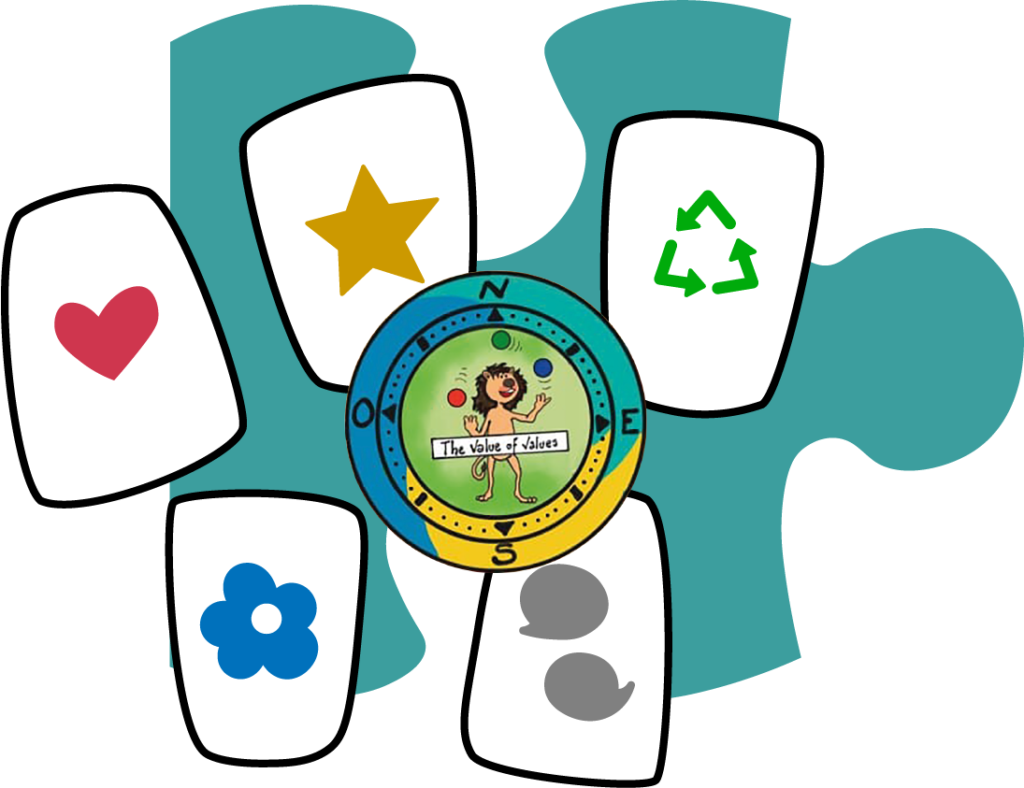

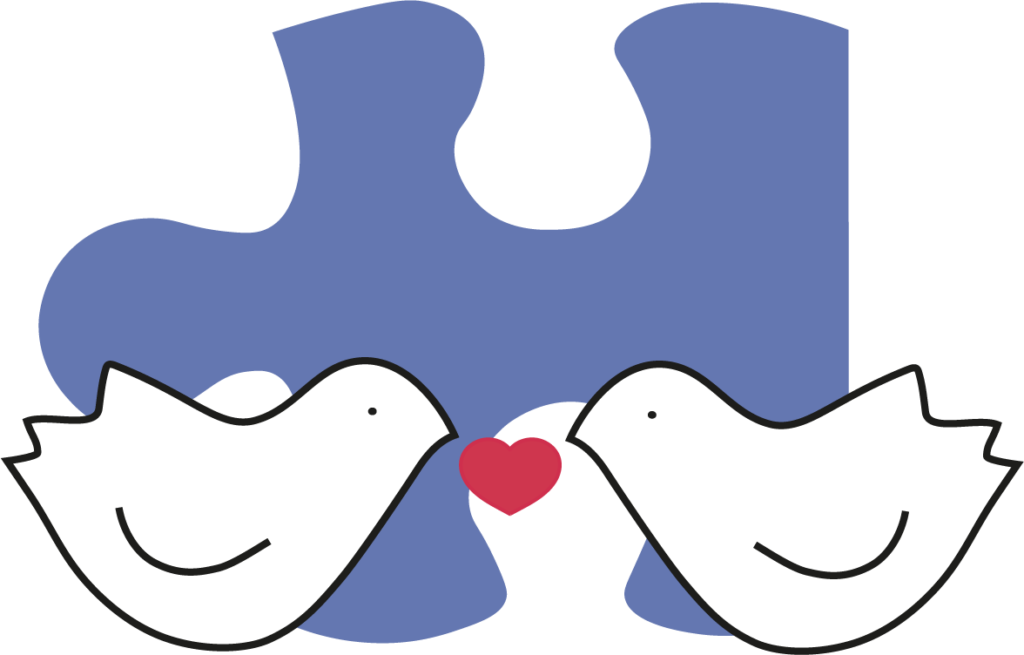
The Conscious Agreements are designed to facilitate knowledge and the generation of intelligent trust between the parties, determine if a positive collaboration is possible and accompany people to find their own satisfactory and equitable solutions, avoiding as far as possible that a third party, judge or referee is who gives the solution.
At MJASL we have developed, systematized and optimized the Conscious Agreements for their application in the cession of housing, collaboration agreements and employment contracts.

Process focused on generating confidence in the owners to put the empty house into use.

Process to explore common interests with potential collaborators and design the collaboration.
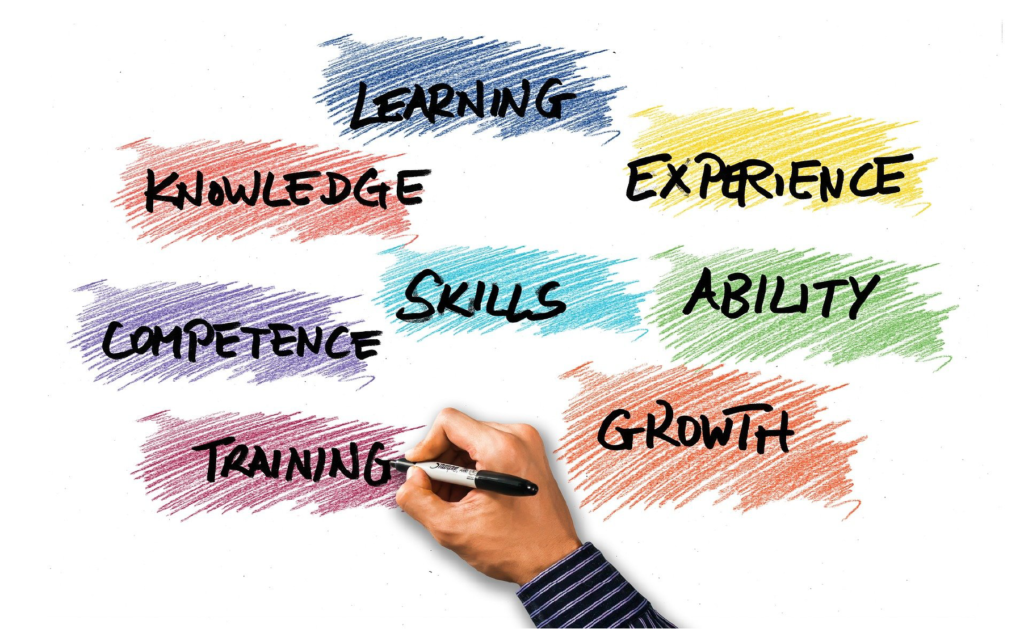
Process oriented to the selection of personnel based on the generation of trust and commitment between the parties.



